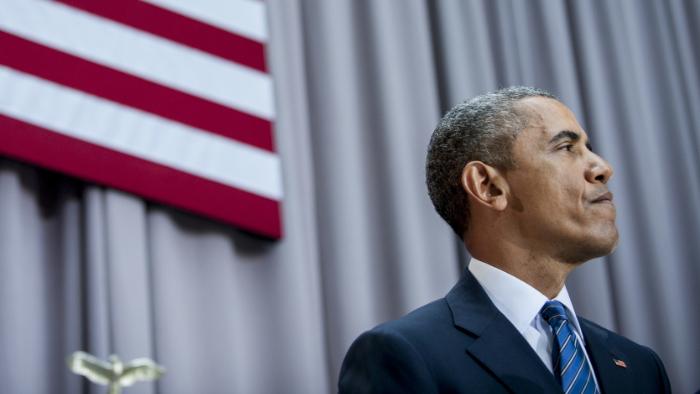Obama’s Iran Deal
As Obama spends a languid couple of weeks in Martha’s Vineyard trying to distract himself from the pending Iran deal, Congress is in DC working to make heads or tails of whether or not to pass the deal.
With Obama’s days numbered in office, he is working overtime to ensure his mark is left in the history books, be it on a national level or a global one. In his latest move to secure a spot in the winner’s circle, Obama presented Congress with the Iran nuclear deal.
Much to the chagrin of Israel, our closest ally, Prime Minister Netenyahu stood before Congress in March and warned the nation of the implications of the U.S. brokering a deal with Iran. Netenyahu’s message reverberated through the nation’s capital even though President Obama and Vice President Joe Biden were not in attendance. Prime Minister Netanyahu asked for the U.S. to forgo any plans of the negotiating with a country that has threatened the sheer existence of one of our closest allies.
Nevertheless, here we sit five months later with a deal sitting on the Hill and a 60 day clock running down for the approval or disapproval of a Republican led Congress. From inspections to snapback sanctions, these are only a couple things found in the Iran Deal, but that is not what is troubling about making a deal with an irrational player such as Iran. There have been reports of secret side deals between Iran and the International Atomic Energy Agency (IAEA), and the only country that has knowledge of what is in these secret side deals is Iran.
As it stands now, Congress is being asked to pass a “historic diplomatic breakthrough” but is being denied full access to the details of the side deals made between Iran and the IAEA. If this sounds familiar it should, Congress was put in a similar situation when they were deciding on whether or not to pass the Affordable Care Act. It is questionable if Congressional approval will matter since Obama has threatened to use his executive-branch authority to act unilaterally.
At the end of the day Obama is willing to gamble our national security and handing over $150 billion in sanctions relief to Iran, based on secret agreements negotiated between the IAEA and Iran that no U.S. official has seen; and that is a problem for every American and our closest allies, Israel.
In a recent Quinnipiac poll, the American public rejects the president’s Iran Deal by more than 2 to 1. While the ramifications of the Iran deal, if passed, are ambiguous at best, it’s safe to say Iran will be thrust into the spotlight as an issue in the upcoming presidential election and candidates from both sides will weigh in.

